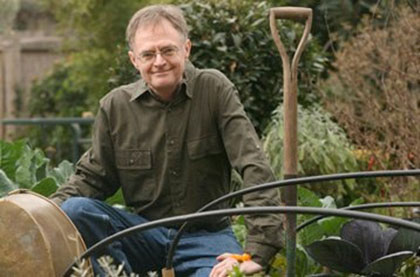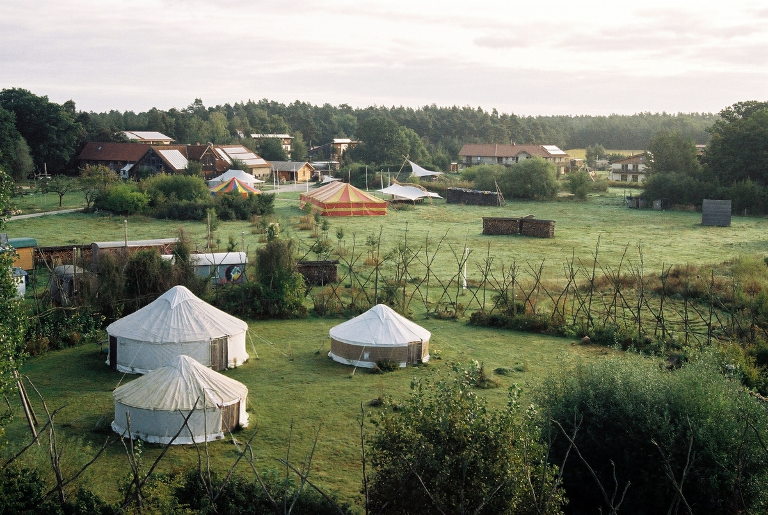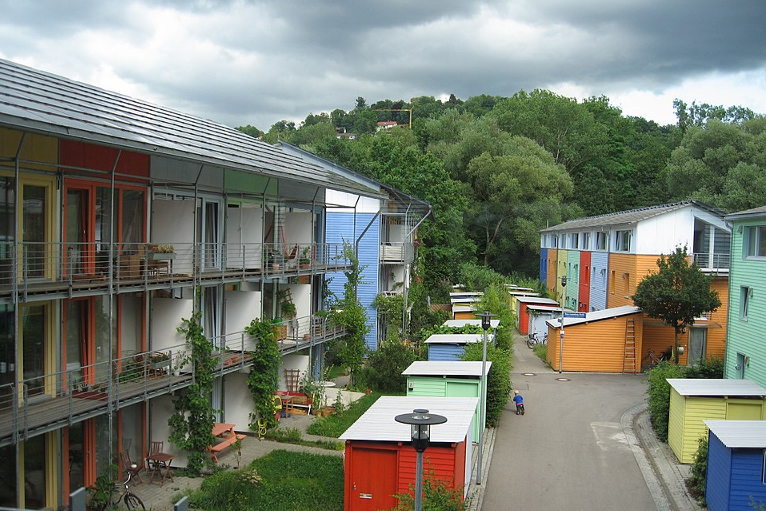The United States is tumbling toward socio-political crisis. Here are just a few of the distress signals recently visible:
- The insurrection at the US Capitol building (January 6, 2021).
- Rapidly increasing numbers of death threats against politicians—including threats from fellow politicians.
- A majority of followers of one of the two main political parties telling pollsters that they would approve of violence as a means to political power (for the population as a whole, one in three now say that political violence can be justified, up from one in six in 2010).
- A state governor planning to set up a militia, answerable only to himself.
- Continual demonization by members of both major political parties of their opponents as “unamerican.”
- US generals warning that disaffected military personnel may lead another insurrection in 2024.
- Threats to “primary” elected leaders (i.e., to challenge them in primary elections with candidates more extreme and doctrinaire), leading to ever-further radicalization and polarization of the political positions of policy makers.
- The proliferation of weapons (there are now 120.5 guns in the US for every 100 people).
We’ve all seen this basic movie plot before—in “failed states” in the modern world, and in declining civilizations throughout history—and it seldom ends well.
For a society to succeed, people must cooperate. They must trust government leaders, who in turn must work together, at least partly for the benefit of the society as a whole…
…click on the above link to read the rest of the article…













